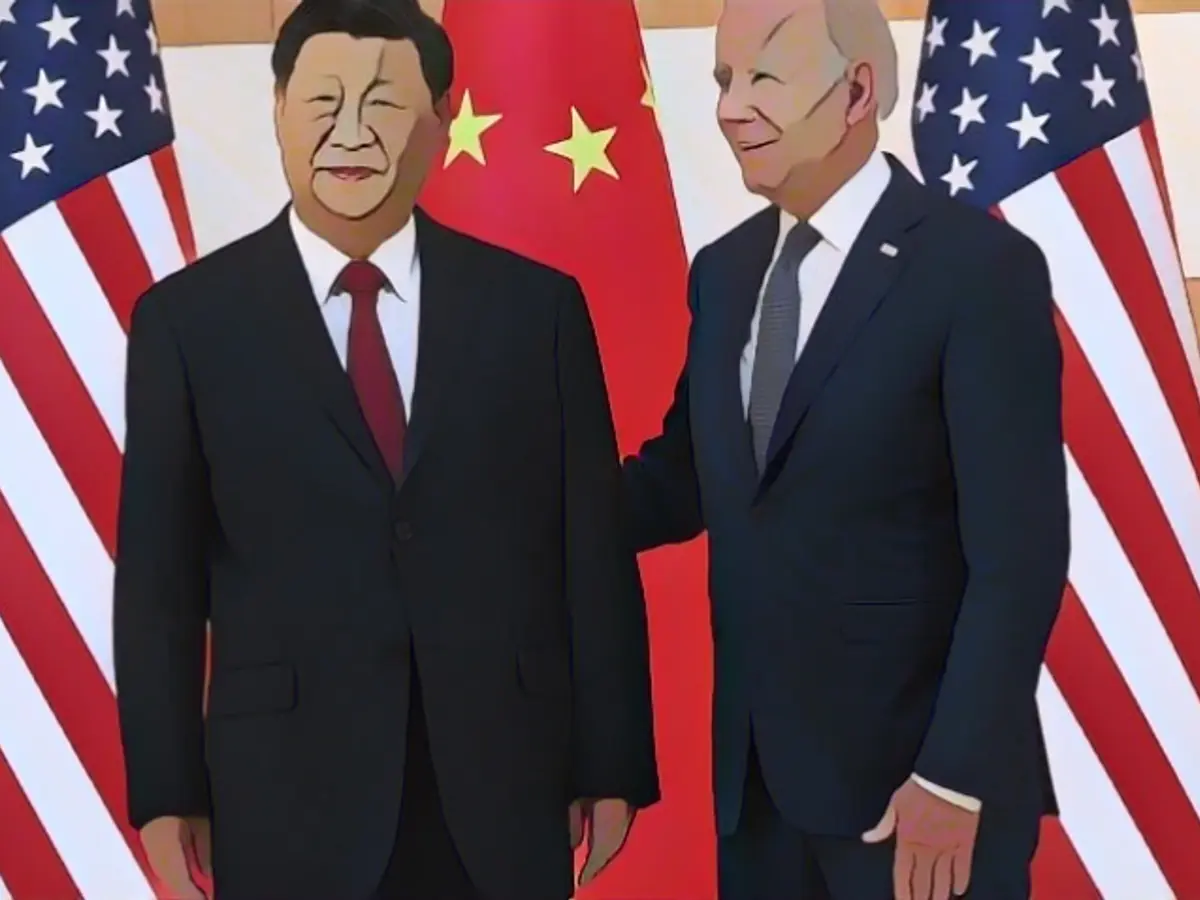New York is all set to drop a whopping $10 billion for the establishment of a chip research center, in collaboration with tech giants like IBM, Micron, and others. Kathy Hochul, the Governor, announced that the state plans to invest a billion dollars, and this partnership aims to push forward the project.
The upcoming research and development center is expected to be built using cutting-edge Extreme Ultraviolet (EUV) lithography with a high numerical aperture. This center is slated to generate at least 700 new jobs, generate around 9 billion in private investments, and support talent development through various initiatives, including professional training and STEM education at the K-12 level.
This cutting-edge facility for next-gen chips will be constructed near the University of Albany in the Albany Nanotechnology Complex, which has been continuously expanding since the 90s. Operated by NY CREATES, this 1.65 million square meter complex will house new high-tech machinery for chip manufacture. The machinery, procured from ASML Holding, a Dutch multinational company specializing in photolithography, will be installed in this complex.
The New York Centers for Research, Economic Advancement, Technology, Engineering, and Science (NY CREATES) is responsible for overseeing the construction of the new facility. The goal is to position the state as a global market leader in chip research and development.
New York seeks federal funding
New York's endeavor to expand microchip production aims to enhance its eligibility for research centers under the bipartisan CHIPS and Science Act, which was passed last year at a cost of 53 billion US dollars to boost chip manufacturing in the United States. By leveraging this law, New York can avail more than 11 billion US dollars in federal funding.
David Anderson, the president of NY CREATES, stated, "We're focusing on economic development, and we're truly advancing an innovation-driven economy in the Northeast and the nation as a whole."
New York has made chip manufacturing a national priority: In January, Hochul announced the formation of the governor's Office of Semiconductor Expansion, Manufacturing, and Integration (GO-SEMI), a 45 million dollar initiative. Recently, Micron announced the construction of a billion-dollar chip factory in the state, and last year, a Micron factory worth 100 billion US dollars was announced.
"The investment in Albany Nanotech will solidify New York's position as a global leader in semiconductor research and development," Senator Kirsten Gillibrand said in a statement. "The establishment of this new chip center will also strengthen our national security and enable the US to develop the most complex and powerful chips in the world at home."
Competing internationally
The announcement on Monday signifies that New York is doubling down on its efforts to further stimulate economic growth and contribute to the U.S.'s endeavors to revive the chip manufacturing sector, which is favored by both economic and national security concerns. The US is currently embroiled in an ongoing war for chip production with countries like China, Russia, Iran, and others. The October-announced new regulations further tighten an extensive range of export controls that were introduced last year.
"America cannot afford to lag behind," Gaurav Gupta, vice president and analyst for new technologies and trends at Gartner, said in an email to CNN. "This will contribute significantly to the creation of a hub, drawing researchers and engineers from various private semiconductor companies to collaborate. New York can become a center for semiconductor research and manufacturing."
The international trade war around chip production has been a hot topic in politics and discussions lately. US limitations on the types of chips American companies can export abroad, and China's July announcement of restrictions on chip exports out of the country, have impacted the global semiconductor industry. Germanium and gallium, both essential for making chips, have been targeted by these restrictions.
Last year, the semiconductor industry was also affected by the rising demand for AI solutions, supply chain challenges for high-performance chips, and export bans for some US companies to prevent the shipment of chips to China.
Tech giants express concerns over chip shortages
Several tech companies, including Microsoft and OpenAI, have raised concerns regarding the limited availability of graphics processing units (GPUs) and potential risks for investors as a result.
In his October shareholder letter, Microsoft CEO Satya Nadella mentioned, "For most of our products, we can rely on other suppliers if our current supplier is unavailable or cannot meet our demands. However, a few of our products utilize certain components where only a few qualified suppliers exist. Protracted disruptions due to these suppliers could impact our ability to deliver devices in a timely manner to meet consumer demand."
On Monday, the U.S. Commerce Department announced its first 35 million dollar agreement under the CHIPS Act with British company BAE Systems Inc. for a modernization program aimed at quadrupling US chip production. This is just the beginning of a series of steps to come, which will bolster national security and stimulate local investment and job creation.
"Today's announcement is the first of many steps to come," stated the White House in a press release. "This will advance our national security goals and promote local investment and job creation."
Footnotes:






